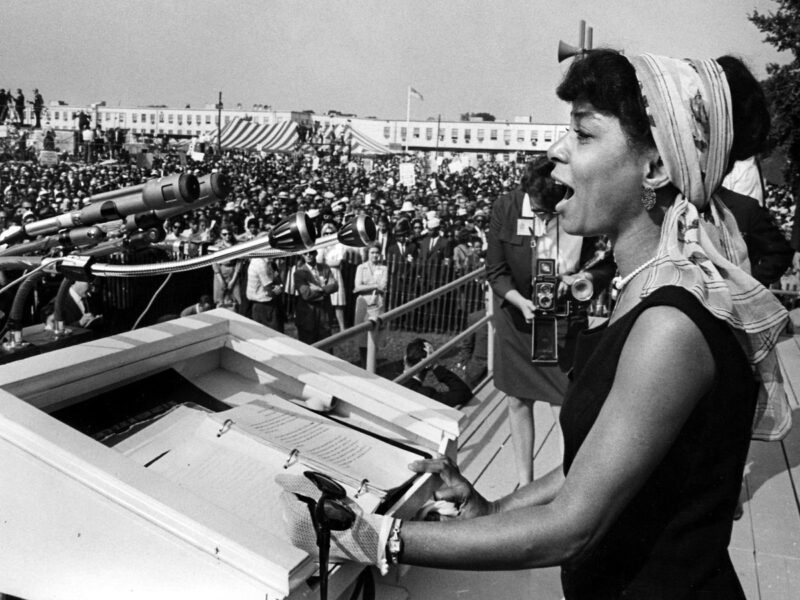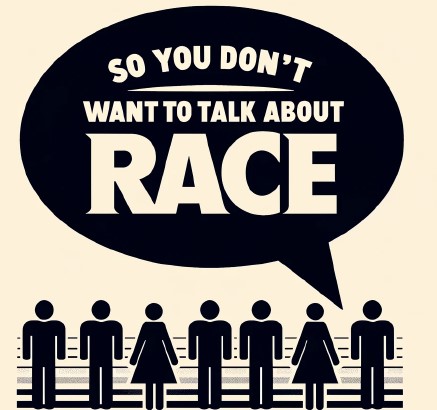Listen to this articleBy Angela Hay Assata Shakur, a prominent Black liberation activist and longtime political refugee, died Sept. 25 in Havana, Cuba, at 78, according to a statement from Cuba’s Ministry of Foreign Affairs reported by the Associated Press on Sept. 26, 2025. To the U.S. government, she was considered a dangerous terrorist; to […]
Category: History
Posted inHistory, Opinion













